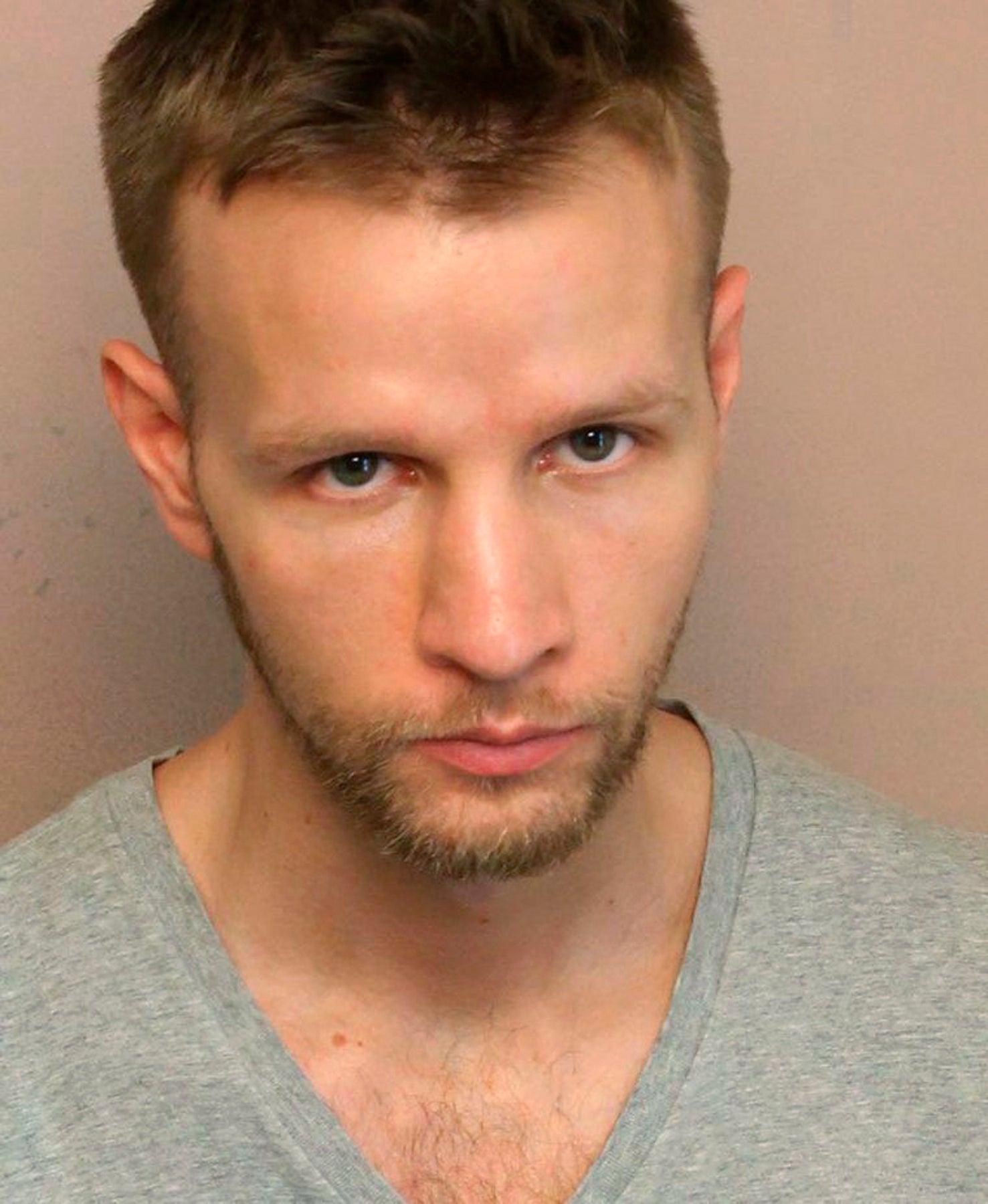Analyst pleads to leaking secrets about drone program
A former Air Force intelligence analyst has pleaded guilty to leaking classified documents to a reporter about military drone strikes against Al-Qaeda and other terrorist targets

Your support helps us to tell the story
From reproductive rights to climate change to Big Tech, The Independent is on the ground when the story is developing. Whether it's investigating the financials of Elon Musk's pro-Trump PAC or producing our latest documentary, 'The A Word', which shines a light on the American women fighting for reproductive rights, we know how important it is to parse out the facts from the messaging.
At such a critical moment in US history, we need reporters on the ground. Your donation allows us to keep sending journalists to speak to both sides of the story.
The Independent is trusted by Americans across the entire political spectrum. And unlike many other quality news outlets, we choose not to lock Americans out of our reporting and analysis with paywalls. We believe quality journalism should be available to everyone, paid for by those who can afford it.
Your support makes all the difference.A former Air Force intelligence analyst pleaded guilty Wednesday to leaking classified documents to a reporter about military drone strikes against al-Qaida and other terrorist targets.
The guilty plea from Daniel Hale 33, of Nashville Tennessee comes just days before he was slated to go on trial in federal court in Alexandria, Virginia, for violating the World War I-era Espionage Act.
Hale admitted leaking roughly a dozen secret and top-secret documents to a reporter in 2014 and 2015, when he was working for a contractor as an analyst at the National Geospatial-Intelligence Agency (NGA). While court papers never specified the recipient of the leak, details about the case make it clear that the documents were given to Jeremy Scahill, a reporter at The Intercept, who used the documents as part of a series of critical reports on how the military conducted drone strikes on foreign targets.
The original indictment against Hale states that he reached out to the reporter in April 2013 while still enlisted in the Air Force and assigned to the National Security Agency. The leaks continued after Hale became a private contractor and was assigned to NGA.
Hale's lawyers sought unsuccessfully last year to have the case tossed on First Amendment grounds. They also argued that the case was a selective and vindictive prosecution.
Defense lawyers said that while Hale was being punished for leaking information about negative aspects of the drone program, the government seemed unconcerned about anonymous leaks by government officials about successful strikes.
More broadly, they said use of the Espionage Act against whistleblowers has a chilling effect on free speech and a free press. The law has been used by multiple presidential administrations in recent years against multiple whistleblowers. It also allows for prosecution of journalists who receive and publish the information.
The Eastern District of Virginia, where Hale pleaded guilty, has been a frequent location over the years for cases involving leaks and whistleblowers.
Prosecutors there have filed criminal charges against Wikileaks founder Julian Assange and against former National Security Agency contractor Edward Snowden. Both remain overseas despite U.S. efforts to obtain their extradition.
In 2015, a judge imposed a 3 ½-year sentence on former CIA officer Jeffrey Sterling, who was convicted of exposing government secrets to a New York Times reporter. In 2013, another former CIA man, John Kiriakou, was sentenced to 2 ½ years in prison after pleading guilty to leaking a covert officer’s identity to a reporter.
Kiriakou’s indictment in 2012 prompted then-CIA Director David Petraeus to issue a statement reminding his agency’s employees of the need for secrecy in their work. In 2015, Petraeus pleaded guilty in federal court in North Carolina to a charge of unauthorized removal and retention of classified information. He was sentenced to probation.
Hale pleaded guilty to a single count of illegally retaining and transmitting national defense information, part of the Espionage Act. The other four counts against him were not dropped as part of the plea deal, as would be typical, but were placed in abeyance, giving the government at least the theoretical opportunity to bring the other counts to trial.
Press and whistleblower advocates have urged President Joe Biden's administration to reverse course in prosecuting leak cases, particularly under the Espionage Act.
Subscribe to Independent Premium to bookmark this article
Want to bookmark your favourite articles and stories to read or reference later? Start your Independent Premium subscription today.